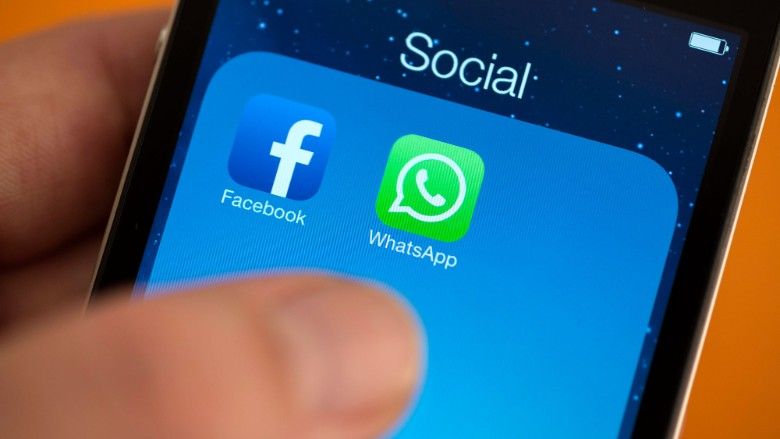Creators of the WhatsApp messaging service repeatedly refused to comply with demands by the UK government to install a secret backdoor in its software.
According to an anonymous security source, the British government pressured the makers of WhatsApp in a meeting last summer to allow them to secretly spy on citizens – saying that they needed to do so in order to combat terrorism.
Theverge.com reports: “It is crucially important that we can access their communications — and when we can’t, it can provide a black hole for investigators,” the source said. Extremists are known to use encryption apps like WhatsApp and Telegram to communicate, and an inability to access those messages has been a constant source of frustration for law enforcement.
Sky News reports that UK intelligence officials believe that reaching a compromise with these tech companies is possible and are firm in the hope that encrypted messages can be accessed with a warrant. Major tech companies have been strongly opposed to building backdoors though because it would undermine their services’ security, so a compromise doesn’t look likely.
In a statement on its website, WhatsApp says that “we carefully review, validate, and respond to law enforcement requests based on applicable law and policy, and we prioritize responses to emergency requests.” Apps like WhatsApp use end-to-end encryption that scrambles messages through a code. So WhatsApp can only hand over metadata like the account name and email address and can’t see the actual messages being sent.
It’s not the first time the UK Government has tried to access messages sent on the platform. Earlier this year UK home secretary Amber Rudd said it was “completely unacceptable” that intelligence services could not read WhatsApp messages sent and received by Khalid Masood, the perpetrator of a terrorist attack at Westminster in London in March.
Past incidents like the San Bernardino attack saw an exhausting court case against Apple for access to the suspects’ phones and only ended when the FBI found a work around to access the data.
Creating a backdoor would be problematic, as some in the tech community have already pointed out. Apple’s Tim Cook has previously said that weakening encryption would hurt the public, while terrorists would just find new ways to communicate.

